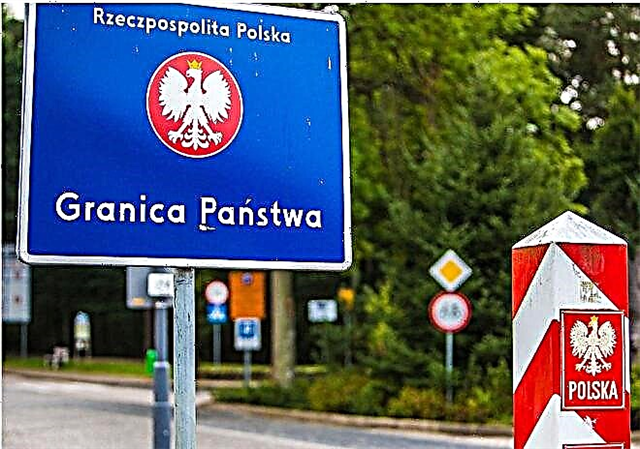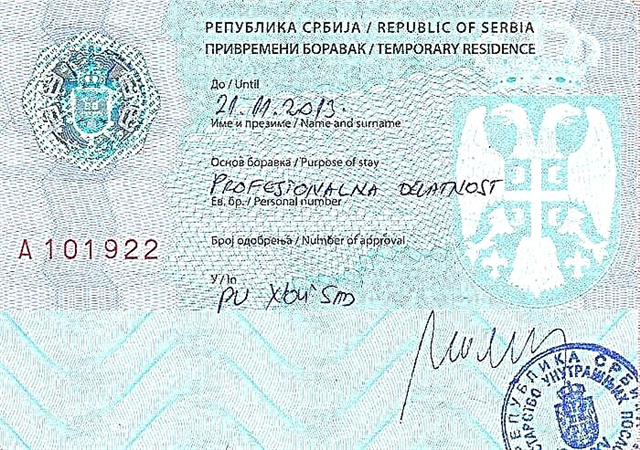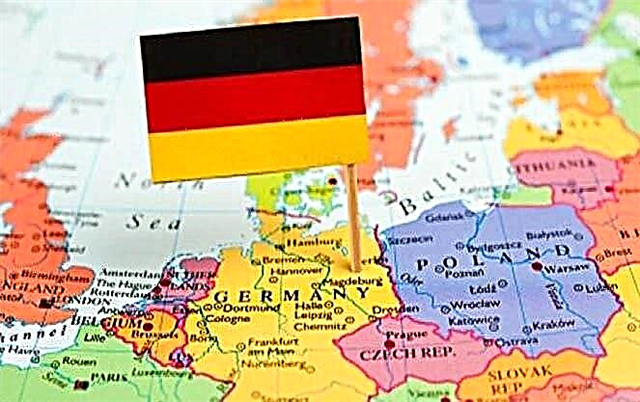German is one of the most popular languages in Europe - it is spoken by about 100 million people living in various countries, it is considered the official language of the European Union. That is why it is so important to know where the German language is spoken and in which countries and regions it is useful for business and everyday communication.

What language is spoken in Germany
It is generally accepted that in Germany everyone speaks German, however, as practice shows, this is not always the case. The fact is that until the 19th century Germany consisted of fragmented lands, principalities, duchies, each of which had its own special dialect.

Today, the literary version, which has the name "Hoch Deutsch", is considered the state one. Newspapers are printed on it, television programs are published, teaching is conducted in schools and universities, while in life the Germans actively use Berlin, Bavarian, Cologne and other dialects that differ significantly from the literary model.
Residents of all regions of Germany consider themselves to be carriers of true linguistic traditions, therefore dialects are not considered common people - rather, they are historically developed linguistic varieties.
Dialect variants are used in the preparation of local television broadcasts, in some theaters, in communication in the federal states, and also as regional models: for example, the EU officially recognizes the Lower Saxon dialect as a special kind of German language.
In which countries of the world do they speak German?
Since Germany has always played a special role in the cultural, business and socio-political life of Europe, it is not surprising that its language is widely spoken in neighboring states. Currently, in addition to residents of the Federal Republic of Germany, German is spoken in Austria, Switzerland, Luxembourg and Liechtenstein, as well as in the part of Belgium bordering Switzerland, whose residents consider themselves German-speaking.

According to experts, the Austrian version of German is most similar to Hoch Deutsch, but at the same time, the average German and Austrian can not always understand each other, since in Austria a special language variety is still used.
The differences between the Swiss and Luxembourgish versions are even greater, therefore, when broadcasting news or programs on TV in the local dialect, simultaneous translation into Hoch Deutsch is launched below - without this, the population of Germany and other German-speaking countries is practically unable to understand what is at stake.
Where do German diasporas exist?
The spread of the German language in the world is not limited to those countries in which mainly German is spoken. For many historical reasons, large German diasporas exist in the United States, the states of South America and Africa. There are German settlements in Kazakhstan, the Czech Republic and other countries.
Significant communities of Germans live in Denmark, France (Alsace and Lorraine - northeast of the Moselle department), Italy, Poland, Slovakia, Hungary, Romania (Romanian Germans).
For example, about a million Alsatians in France speak the Alamanian dialect of German, which is recognized as regional in Alsace.
Approximately 300 thousand Tyroleans in Italy consider themselves to be Germans. And German in the province of Bolzano is considered official along with Italian.
In Upper Silesia in Poland, German is also considered a regional language, with up to 200 thousand German-speaking population living here.
If we consider in a broader aspect in which countries the German language is spoken, it is especially worth noting the states of South America. So, in the south of Brazil, German is spoken by about 600 thousand inhabitants, and up to 40% of the population consider themselves descendants of the Germans. In the northern part of Mexico, 300,000 residents named German as their native language. And the list of these countries can be continued.
Finally
Many international organizations use German in their work; it has long been recognized in the world as an international language. So, in the Council of Europe, he is considered a worker, along with the English and French.
The huge number of residents of European countries who speak German, and the recognition of Germany as the leader of modern Europe, contribute to the growth of the importance of this language, which is currently being actively studied in schools and universities in Russia and other countries.











